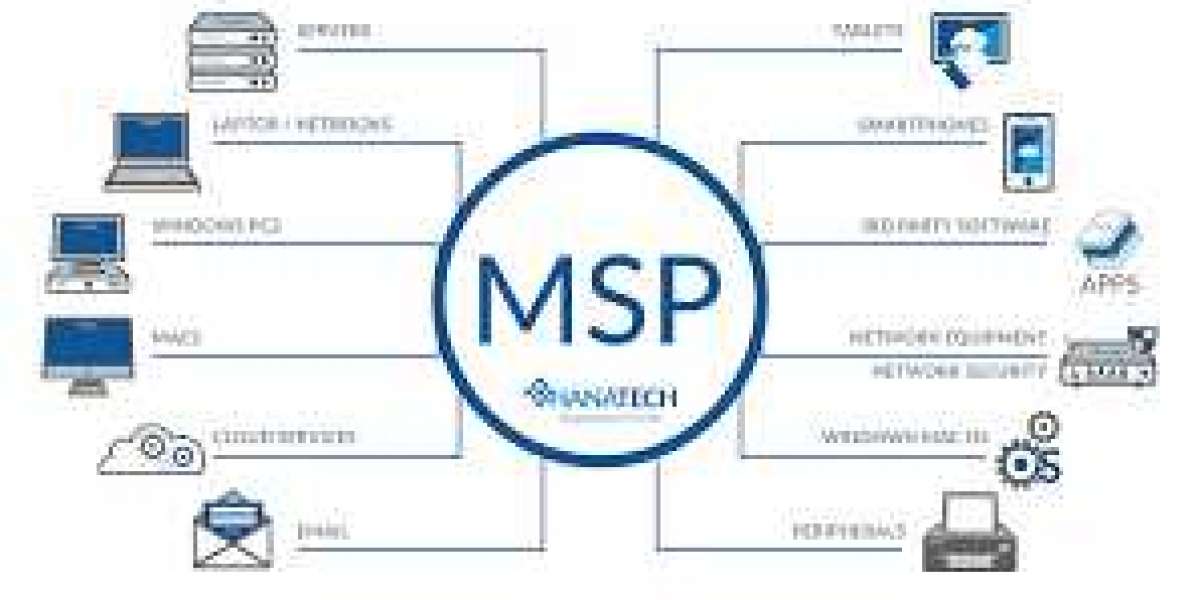Introduction:
In an era where information is the lifeblood of organizations, the importance of robust information security cannot be overstated. The digital landscape is rich with opportunities for innovation and connectivity, but it is also fraught with threats that can compromise sensitive data. This article explores the significance of information security, its key components, and the strategies businesses employ to safeguard their digital assets in an increasingly interconnected world.
The Significance of Information Security:
Information security, often referred to as cybersecurity, is a multidimensional discipline aimed at protecting the confidentiality, integrity, and availability of information. As businesses digitize their operations and data becomes more accessible, the risks associated with unauthorized access, data breaches, and cyber-attacks intensify. Information security measures are essential not only for protecting sensitive corporate data but also for maintaining the trust of customers, partners, and stakeholders.
Key Components of Information Security:
- Access Control: Limiting access to sensitive information is a fundamental aspect of information security. Access control mechanisms, including strong authentication protocols and authorization processes, ensure that only authorized individuals can access specific data and systems.
- Encryption: Encryption is the process of converting data into a secure format that can only be accessed with the appropriate decryption key. This safeguards data during transmission and storage, making it unreadable to unauthorized parties.
- Firewalls and Network Security: Firewalls act as barriers between an organization's internal network and external threats. Network security involves implementing measures to protect the integrity and confidentiality of data as it travels across networks.
- Endpoint Security: With the proliferation of mobile devices and remote work, securing individual endpoints (such as laptops, smartphones, and tablets) is crucial. Endpoint security solutions include antivirus software, device management, and encryption to protect against malware and unauthorized access.
- Incident Response and Disaster Recovery: Despite preventive measures, incidents such as cyber-attacks or data breaches can still occur. A well-defined incident response plan and disaster recovery strategy are essential for minimizing the impact of such events and ensuring a swift and effective recovery.
Strategies for Effective Information Security:
- Employee Training and Awareness: Human error is a common cause of security breaches. Training employees to recognize and avoid potential threats, such as phishing attacks, is a critical component of information security.
- Regular Security Audits and Assessments: Periodic security audits and assessments help identify vulnerabilities and weaknesses in an organization's information security infrastructure. This proactive approach enables businesses to address potential issues before they are exploited by malicious actors.
- Compliance with Regulations: Many industries have specific regulations governing the handling of sensitive data. Adhering to these regulations, such as GDPR, HIPAA, or PCI DSS, is essential for both legal compliance and maintaining the trust of customers.
- Collaboration with Security Experts: Given the constantly evolving nature of cyber threats, businesses often collaborate with cybersecurity experts and employ the latest technologies to stay ahead of potential risks. This may involve partnering with managed security service providers (MSSPs) or leveraging threat intelligence services.
Conclusion:
As organizations continue to digitize their operations and leverage the power of technology, the importance of information security cannot be overstated. Safeguarding sensitive data is not only a matter of compliance but a fundamental aspect of building and maintaining trust in the digital age. By adopting a holistic approach to information security, encompassing both preventive measures and proactive response strategies, businesses can navigate the digital landscape with confidence, ensuring the integrity and confidentiality of their valuable information assets.








